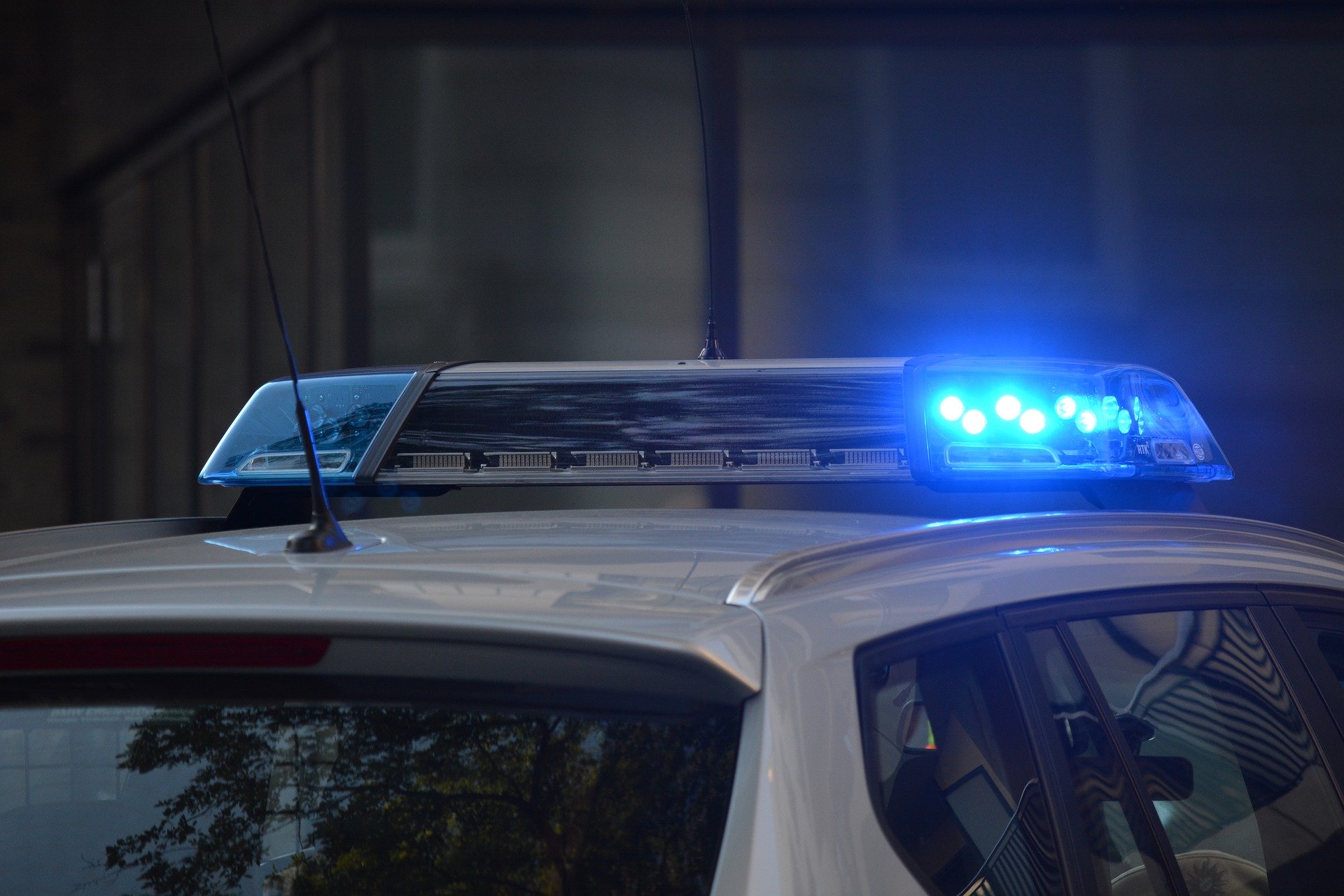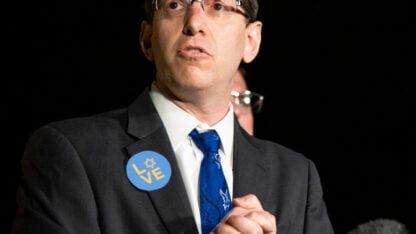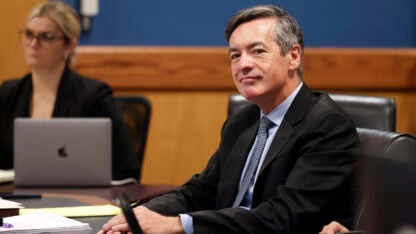Atlanta’s police chief has ordered a halt to all police car chases after crashes that killed or injured people.
“I don’t want to see us cost someone their life in pursuit of an auto theft person or burglar when the courts aren’t even going to hold them accountable. I mean, how can we justify that?” Chief Erika Shields said during a news conference Friday afternoon.
Two men were killed last month in Atlanta when their car was hit by a stolen car evading police, police said.
The chief said the order will stay in effect while she reviews a chase policy that has been in place since 2018. Changes might include allowing only highly trained officers to take part in chases, Shields said.
“I have not heard of any department totally restricting pursuits without some exception” for extreme situations such as active shooters or terrorists, said Jack Rinchich, president of the National Association of Chiefs of Police in Titusville, Florida. However, he said, restrictions on vehicle chases are not something his organization keeps statistics on.
Bill Johnson, executive director of the National Association of Police Organizations, said he hadn’t heard of such a policy, “but it wouldn’t necessarily have come to my attention.”
Before calling the news conference, Shields sent a departmentwide memo about her decision, news outlets reported.
She said she would rather err on the side of safety, even though her decision may increase crime.
Although some of the department’s biggest arrests resulted from “zeroing in on a specific vehicle,” she wrote in her departmental memo, she had to weigh that against factors such as officers’ pursuit training, the rate of injuries and deaths as a result of chases, and lack of accountability through the criminal justice system.
Fulton District Attorney Paul Howard said in a statement to The Atlanta Journal-Constitution that his office is working with the Atlanta Police Foundation to improve the system.
“I am not sure of the connection between police chase policies and a flawed judicial system, but I am sure that we will continue to listen to our partners and work with them to make it better,” he said.
Shields said she wants more emphasis on investigative techniques.
The policy under review authorized pursuit if a suspect had a deadly weapon, posed an immediate threat of violence to officers or others, or if officers believed the suspect had committed or threatened serious physical harm. Up to three police vehicles could join a chase, and all were required to use headlights, sirens and flashing blue lights.
Restrictions on police chases have been discussed for decades, and many have been implemented. Numerous departments restrict chases to more serious crimes, Johnson said.
“Many have also added a requirement during a chase that someone on duty, typically a sergeant or lieutenant, has to be looped in to make decisions on whether the chase continues to be justified,” he said.










